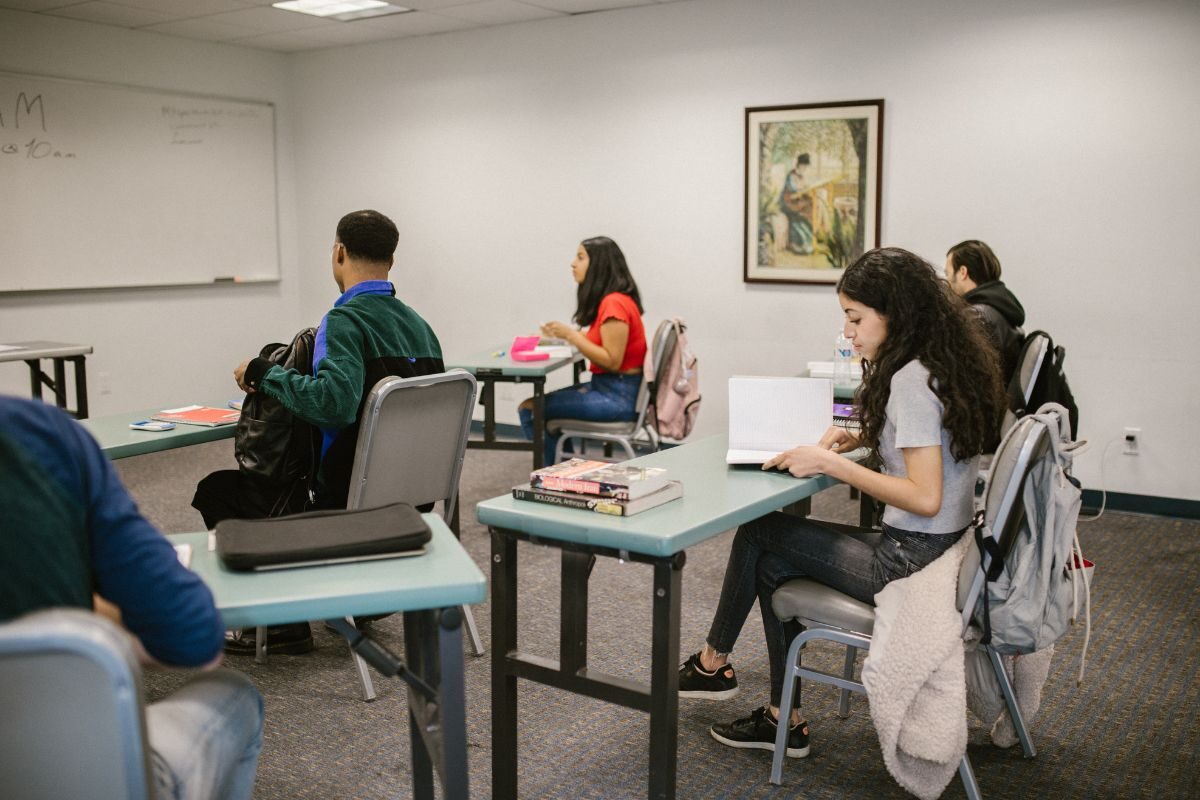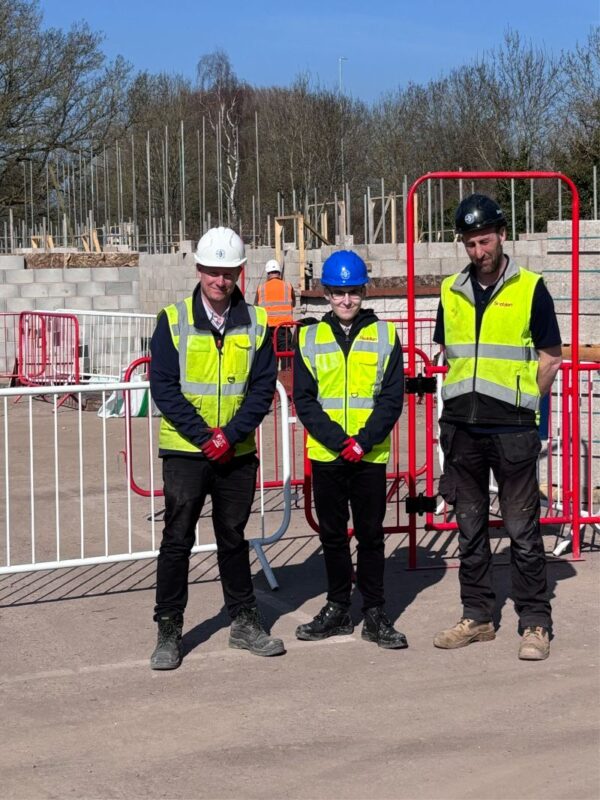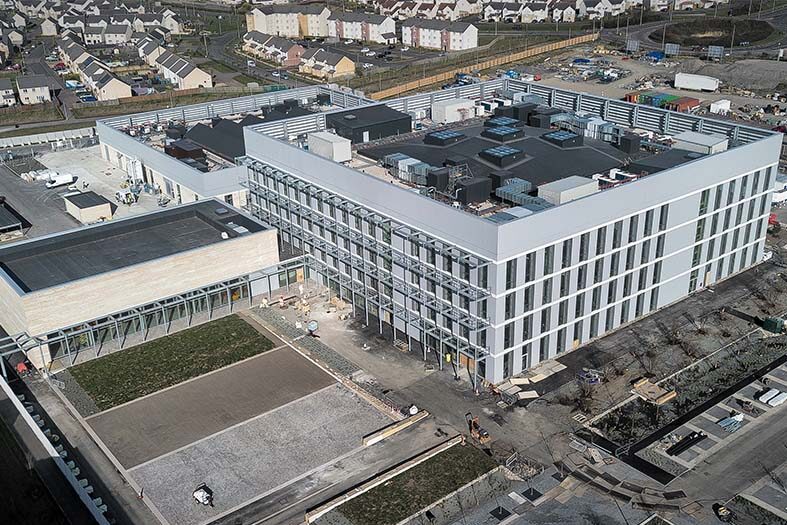School improvement: The role and responsibilities of education partners

Our national mission is to achieve high standards and aspirations for all and we will do this by investing in all our young people and by tackling the impact of poverty on educational attainment. Realising this shared ambition means building on progress already made, learning from effective practice, and ensuring that the knowledge and resources available are targeted to deliver the outcomes we all want to see.
Our education system is a source of national pride and confidence. But we also know that there is too much variation between schools and between geographical areas. This is a challenge we tackle as a shared endeavour and moral imperative. That means all parts of the system pulling together resolutely and to best effect – a system, based on a spirit of collaboration not competition, and with learner progression, achievement and wellbeing – and the wellbeing of people working within the system – as a mainstay. I want schools to be confident they are receiving the very best advice and support, and that they can access this consistently across Wales.
An approach to collaborative working and supporting school improvement across Wales has been in place for nearly ten years. Much has changed during that time with our wide-reaching reform programme delivering a new curriculum and a new approach to supporting learners with additional needs.
Following statements I made in January this year, work has been undertaken with schools, Local Authorities, Regional partners and Estyn to help build understanding and describe developments in relation to the future school improvement and information landscape. An emerging and consistent theme from these discussions has been the importance of building more collaboration between schools and at all levels across the system.
The recently published school improvement guidance sets out how our approach should evolve over coming years to support the new curriculum, providing a national framework to help focus on a shared set of priorities. This is also embedded in the Shared Understanding of Progression. Our future approach should prioritise collaboration – both within and between clusters – to deliver a consistent approach to learner progression across Wales, and collaboration towards the same set of national improvement priorities. Efforts across all parts of the system which impact on school improvement need to evolve to achieve this focus and simplicity. Alongside this, we need to ensure foundational elements of curriculum support are consistent across Wales to create the platform for engagement and national coherence. Our partnership working with Regional Consortia and Partnerships and Local Authorities on curriculum design, progression and assessment are developing to support schools.
Within this context, and recognising that the education system is complex with partners having differing statuses, functions, priorities and alignments, acknowledgment that now is the right time to review the future direction and roles and responsibilities of partners, and further develop collaborative school improvement arrangements to support our national mission. This will provide the means to consider in a collective, timely and transparent way what the system needs as we look to the future. This sits alongside and complements the important work we are taking forward with partners looking at workload pressures, with the review providing an opportunity to support the creation of space for positive, supportive, purpose-driven collaboration through reducing unnecessary bureaucracy.
Today I am setting out how the commitment in our national mission action plan – to review the future direction, and roles and responsibilities of partners, and to further develop collaborative school improvement arrangements – will be taken forward. I am pleased to announce that Professor Dylan E Jones has agreed to lead this important and timely review, the aims of which are:
- To clarify the roles and responsibilities of organisations and partners in the education system, how they can work together to support learners and practitioners and foster collaboration within and between clusters.
- To set expectations for school improvement arrangements for the Welsh education system which build upon current effective practice, reflect evidence and experiences from within Wales and internationally in this area.
- To explore the features of the current system, identifying what works well and less well, and how improvements might be made.
- To understand the breadth of views and experiences from across the system, sensitive to the pressures and of day-to-day activities continuing.
- To identify how capacity, collaboration and ways of working can be improved for the benefit of learners and all those who support learners across Wales.
- To help shape thinking so that there is a clear approach going forward; an approach which we can be confident is fit for the future.
Professor Jones has a unique, detailed and broad knowledge of our education system. He is Deputy Vice-Chancellor of the University of Wales Trinity Saint David, has led the Strategic Education Delivery Group during the period of education reforms – a group established to facilitate collaborative working and alignment of activities; driving collective efficacy across the organisations with critical roles – has chaired a Welsh Government School Practitioner Panel, and was previously an Independent Estyn Peer Inspector. Professor Jones is also a well-respected former headteacher of a large 3-19 Welsh Medium school. In taking forward the review Professor Jones will work closely with schools and education partners placing the needs of the learner first.
I expect the review to report to me in time for me to share its outcomes in March 2024.











Responses